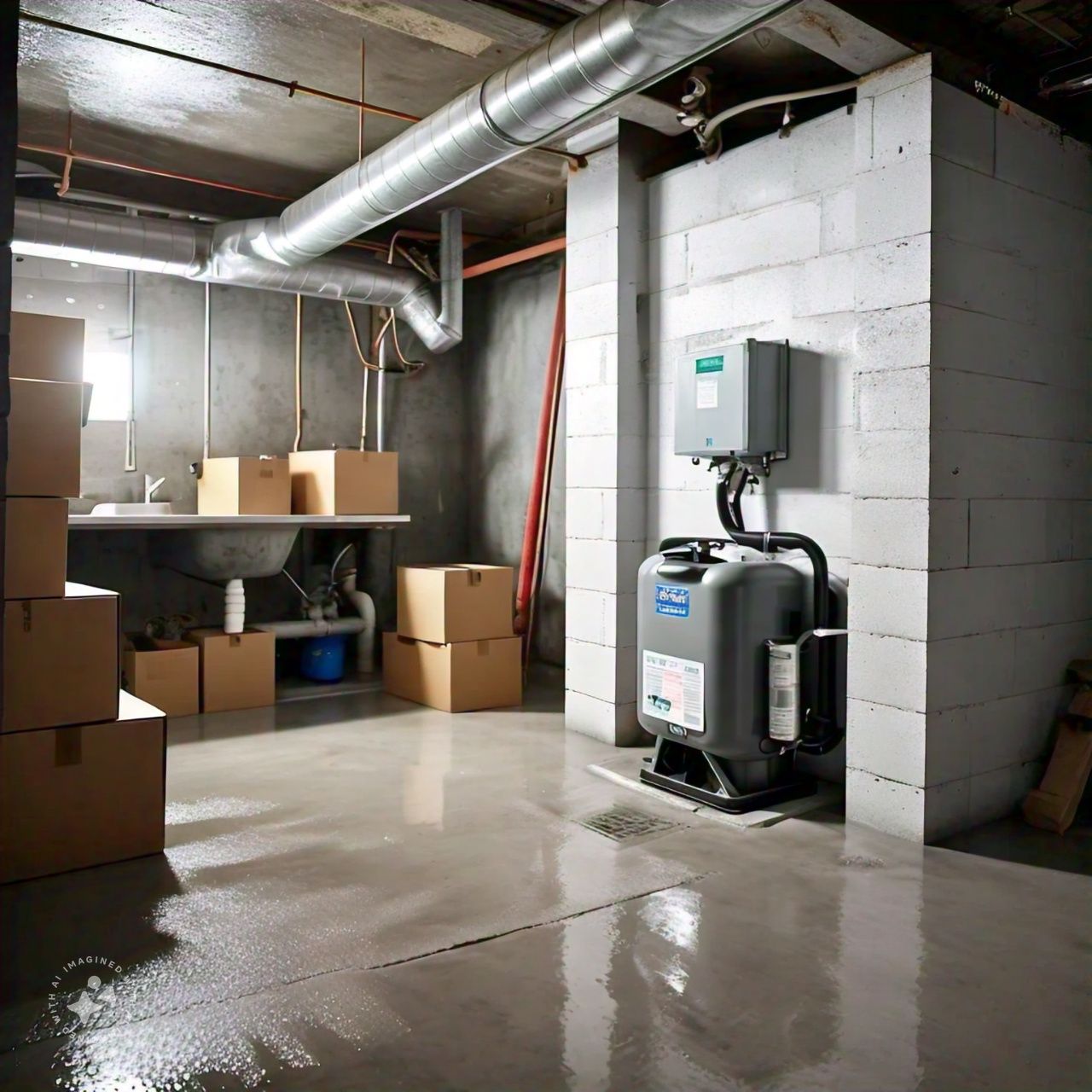Table of Contents
- Understanding Basement Waterproofing Importance
- Common Signs of Basement Water Issues
- How to Inspect Your Basement for Water Problems
- Effective Waterproofing Techniques
- Maintenance Tips for a Dry Basement
- Common Waterproofing Mistakes to Avoid
- Finding Professional Help When Needed
Understanding Basement Waterproofing Importance
Basement waterproofing in New Jersey is crucial to maintaining the structural integrity of your home and preventing health issues caused by dampness and mold growth. A dry basement is not just about comfort; it’s about ensuring the longevity of your property. If water leaks into your basement, it can weaken the foundations, leading to severe issues that might require costly repairs. Ensuring your basement stays dry can significantly impact your property value and provide a safe living environment. If you live in a particularly wet area, consider installing basement waterproofing to protect your home effectively. A waterproof basement can also provide additional living space, increasing the usability of your entire home.
Common Signs of Basement Water Issues
Recognizing the warning signs of basement water problems before taking any action is essential. Water stains on walls, a musty smell, discernible mold growth, and efflorescence (white mineral deposits) on surfaces are typical signs. When left ignored, these symptoms frequently indicate the presence of underlying problems with water seepage. For example, musty smells frequently signal the presence of mold, which can cause respiratory and other health problems. Look for any discoloration on the flooring or walls that could indicate a water infiltration. Ignoring these indicators may result in severe structural damage, requiring costly future repairs. Time and money can be saved by quickly addressing minor concerns as they can avert more serious ones.
How to Inspect Your Basement for Water Problems
Routine inspections are crucial for the early identification of water problems. Start by looking for cracks in the basement’s walls and floor, checking for window condensation, and searching for any moist areas that could indicate seepage. Using a flashlight and turning out the lights can make it easier to see moist areas. Use a humidity meter to find out if your basement is too wet. It could be time to investigate possible problems more thoroughly if you detect any unexpected moisture readings. Water frequently enters homes through doors and windows, so look around them. You can save a great deal of difficulty and little issues turning into major ones by being proactive about inspections.
Effective Waterproofing Techniques
To keep your basement dry, consider using interior sealants like epoxy and polyurethane to seal small cracks in walls and floors. These temporary solutions are effective for minor issues but may need to reapply over time. For permanent solutions, excavate around the foundation and apply a waterproof membrane. This method addresses the issue from the outside, preventing water from entering. French drains, particularly in high rainfall areas, redirect water away from the foundation, reducing the risk of basement flooding. These techniques are essential for maintaining a dry basement and preventing moisture damage.
Maintenance Tips for a Dry Basement
Maintaining a dry basement requires consistent effort and routine checks. Regularly clean gutters to prevent water overflow, ensure proper grading around your house to direct water away, and use dehumidifiers to control indoor humidity levels. Clean gutters prevent water from pooling around your foundation, which can cause seepage. Annual maintenance inspections can also help you stay on top of potential issues. Look out for new cracks or signs of wear and tear that might indicate emerging issues. For more insights, check out these expert tips on water diversion systems. Routine maintenance can prevent minor issues from becoming major problems and extend the life of your waterproofing efforts.
Common Waterproofing Mistakes to Avoid
Avoid common pitfalls such as ignoring small cracks, using improper sealants, and neglecting exterior drainage systems. Small cracks may seem insignificant but can lead to more significant issues. Using suitable sealants can be effective and could worsen the problem. Exterior drainage systems, like French drains, are essential for handling large volumes of water. Overlooking these mistakes can lead to severe damage and expensive repairs down the line. Always ensure you use suitable materials and techniques for your problem.
Finding Professional Help When Needed
Sometimes, waterproofing your basement can be daunting, and seeking professional help is the best course of action. Qualified contractors can provide tailored solutions based on your basement’s specific problems, ensuring long-term protection and peace of mind. Professionals can access advanced materials and techniques that are not readily available to the average homeowner. Their experience can identify potential issues that might be overlooked. Investing in professional services can save costs in the long run by preventing recurring problems and providing a durable, effective solution to keep your basement dry.
Stay in touch to get more news & updates on Essential Tribune.Com!








